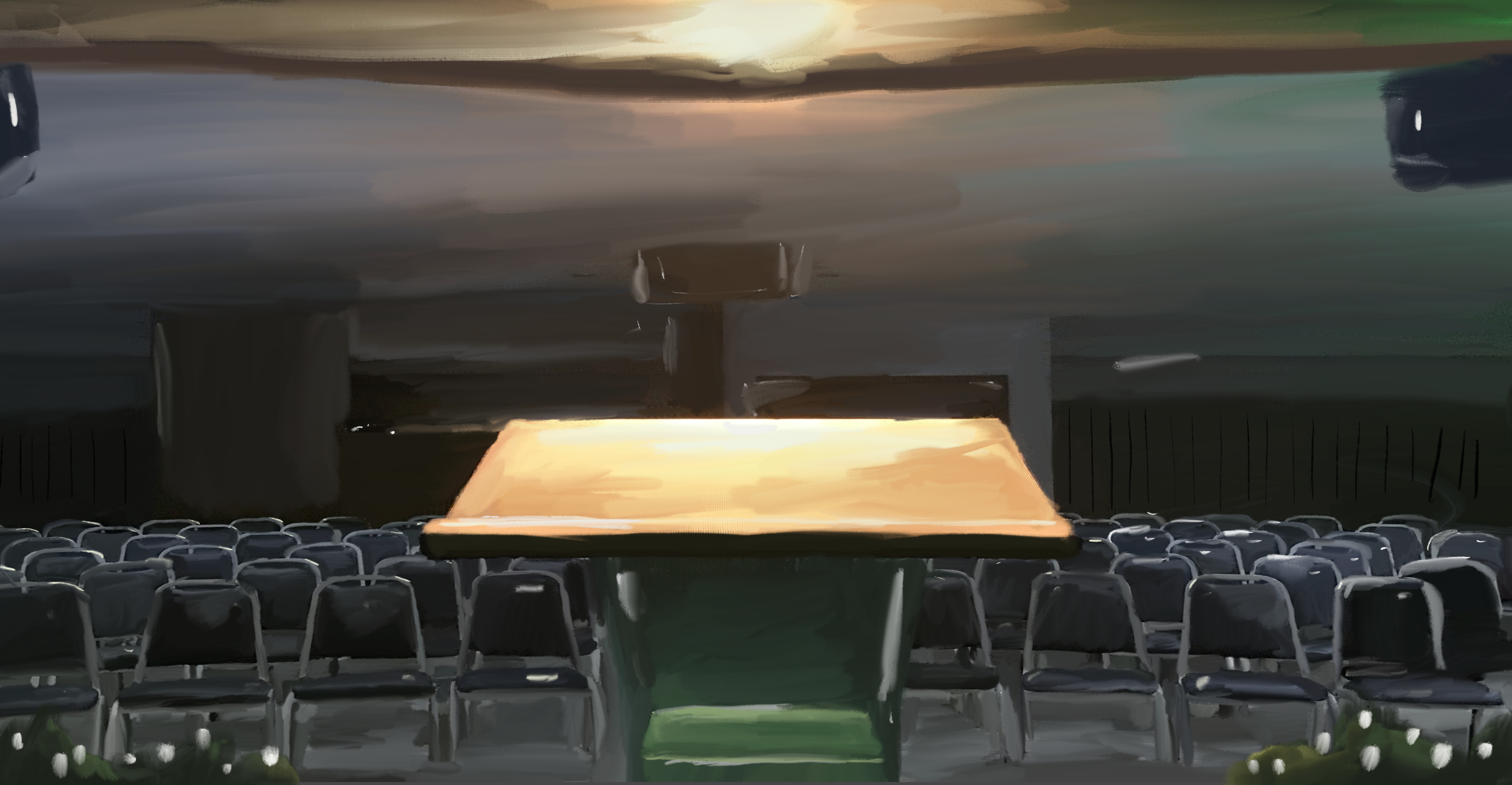
Christ & Melchizedek
Epistle to the Hebrews - Part 14 • Hebrews 7 • February 7, 2021 • English Service 10:00 AM
Sermon Introduction
The author led the readers back to the discussion on Melchizedek. He mentioned what most Jews knew about Melchizedek then discussed what was not so familiar to them: the connection with Christ. Melchizedek was king of Salem and priest of the Highest. He met Abraham after Lot's rescue from the Kings of the east. Melchizedek means king of righteousness, and he was king of Salem, which means king of peace. He had no beginning and no end, a priest forever. In a sense, he was like the Son of God (7:1-3). He is a typology, an OT type of Christ. Some theologians believe that Melchizedek was an angel or a theophany, an appearance of God.
Hebrews 7 NASB
1 For this Melchizedek, king of Salem, priest of the Most High God, who met Abraham as he was returning from the slaughter of the kings and blessed him, 2 to whom also Abraham apportioned a tenth of all the spoils, was first of all, by the translation of his name, king of righteousness, and then also king of Salem, which is king of peace. 3 Without father, without mother, without genealogy, having neither beginning of days nor end of life, but made like the Son of God, he remains a priest perpetually.
4 Now observe how great this man was to whom Abraham, the patriarch, gave a tenth of the choicest spoils. 5 And those indeed of the sons of Levi who receive the priest’s office have a commandment in the Law to collect a tenth from the people, that is, from their countrymen, although they are descended from Abraham. 6 But the one whose genealogy is not traced from them collected a tenth from Abraham and blessed the one who had the promises. 7 But without any dispute the lesser person is blessed by the greater. 8 In this case mortal men receive tithes, but in that case one receives them, of whom it is witnessed that he lives on. 9 And, so to speak, through Abraham even Levi, who received tithes, has paid tithes, 10 for he was still in the loins of his forefather when Melchizedek met him.
11 So if perfection was through the Levitical priesthood (for on the basis of it the people received the Law), what further need was there for another priest to arise according to the order of Melchizedek, and not be designated according to the order of Aaron? 12 For when the priesthood is changed, of necessity there takes place a change of law also. 13 For the one about whom these things are said belongs to another tribe, from which no one has officiated at the altar. 14 For it is evident that our Lord was descended from Judah, a tribe with reference to which Moses said nothing concerning priests. 15 And this is clearer still, if another priest arises according to the likeness of Melchizedek, 16 who has become a priest not on the basis of a law of physical requirement, but according to the power of an indestructible life. 17 For it is attested of Him,
“You are a priest forever
According to the order of Melchizedek.”
18 For, on the one hand, there is the nullification of a former commandment because of its weakness and uselessness 19 (for the Law made nothing perfect); on the other hand, there is the introduction of a better hope, through which we come near to God. 20 And to the extent that it was not without an oath 21 (for they indeed became priests without an oath, but He with an oath through the One who said to Him,
“The Lord has sworn
And will not change His mind,
‘You are a priest forever’”);
22 by the same extent Jesus also has become the guarantee of a better covenant.
23 The former priests, on the one hand, existed in greater numbers because they were prevented by death from continuing; 24 Jesus, on the other hand, because He continues forever, holds His priesthood permanently. 25 Therefore He is also able to save forever those who come to God through Him, since He always lives to make intercession for them.
26 For it was fitting for us to have such a high priest, holy, innocent, undefiled, separated from sinners, and exalted above the heavens; 27 who has no daily need, like those high priests, to offer up sacrifices, first for His own sins and then for the sins of the people, because He did this once for all time when He offered up Himself. 28 For the Law appoints men as high priests who are weak, but the word of the oath, which came after the Law, appoints a Son, who has been made perfect forever.
Notes
The author led the readers back to the discussion on Melchizedek. He mentioned what most Jews knew about Melchizedek then discussed what was not so familiar to them: the connection with Christ. Melchizedek was king of Salem and priest of the Highest. He met Abraham after Lot's rescue from the Kings of the east. Melchizedek means king of righteousness, and he was king of Salem, which means king of peace. He had no beginning and no end, a priest forever. In a sense, he was like the Son of God (7:1-3). He is a typology, an OT type of Christ. Some theologians believe that Melchizedek was an angel or a theophany, an appearance of God.
Melchizedek was greater than Abraham and Levi, who was not yet born but was in Abraham's loins. Abraham gave a tenth of the best spoils to this priest. It was as if Levi’s priesthood gave a tithe to this man. Thus, Melchizedek’s priesthood is higher than Levi’s (7:4-10).
Another priest needed to arise because the Levitical law was not perfect. The priestly line of Aaron needed to be replaced by the eternal priest, the Lord. Christ’s priesthood is based on His indestructible life, not bloodline, unlike Aaron’s descendants who would die (7:11-24).
Christ lives forever. Thus, He can save all who come to God through Him, unlike Aaron’s priests, who were sinners. They were numerous because death prevented them from continuing. Christ was blameless and exalted above the heavens. He was sinless; thus, the only perfect high priest (7:25-28).
Application
Believe with full conviction that Christ is superior to Judaism, Aaron, and the Levitical priesthood. In our context, believe with full conviction that there is none more worthy than the sinless Christ. He is above religion.
Believe that all men are sinners, including Peter, Paul, and Mary. The same is true for the church fathers and the faithful among us. Only Christ is blameless and sinless; He is the only perfect mediator between God and men.
Christ is perfect. He intercedes and saves all who come to Him in faith. By faith, we mean a full conviction to all His claims and promises, which results in following Him until the end.
Discussion / Reflection
How did the author explain that Melchizedek was greater than the Levitical priesthood?
Why was there a need for a priest to arise in the order of Melchizedek? Cite the reasons given by the author.
How did the author describe Christ?



